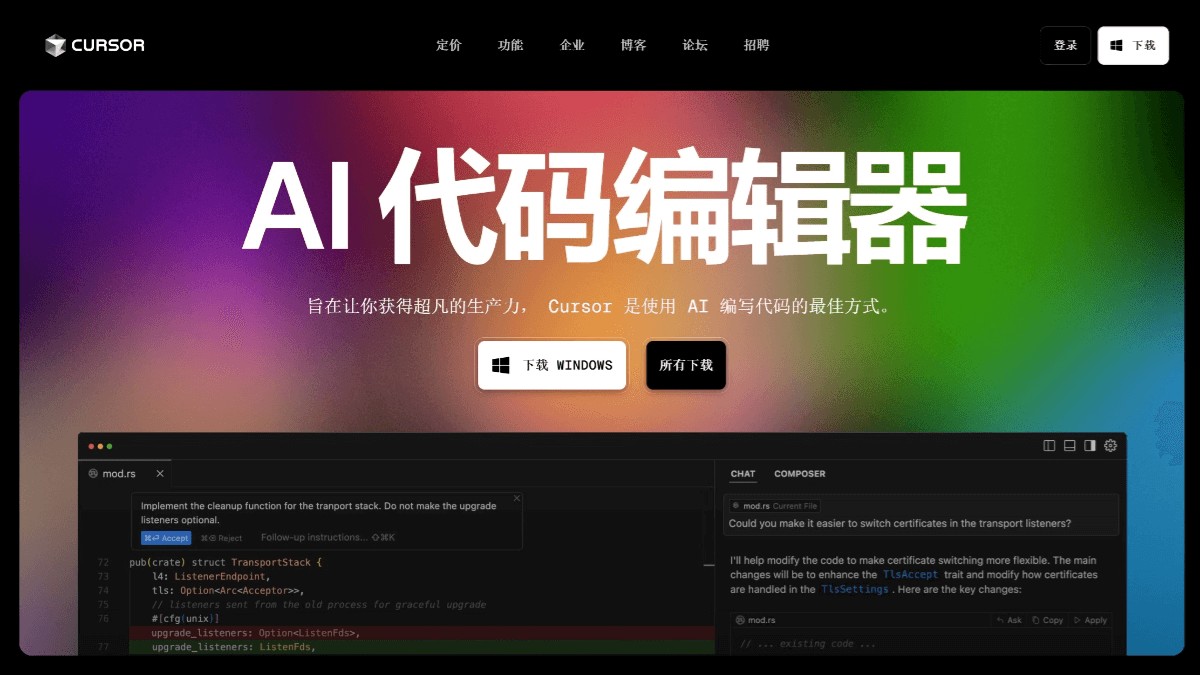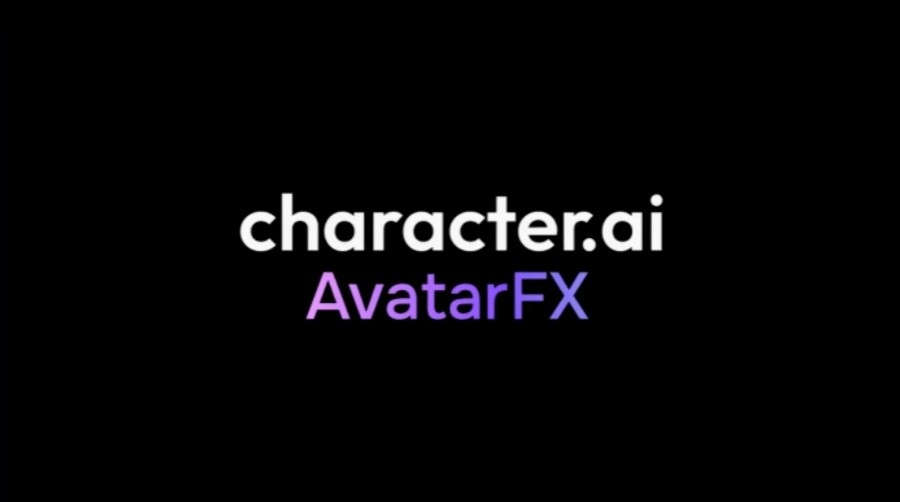
More and more people are learning AI to improve their skills and broaden their career options. However, in the face of a large number of artificial intelligence courses, how to find a learning path that suits you has become particularly critical. This article will delve into how to choose the most appropriate artificial intelligence course based on your personal background and learning goals, and provide some study suggestions.
Basic knowledge learning : If you are starting from scratch, choose a course that covers basic programming, mathematics, and machine learning concepts.
Specific tracks : If you have specific interests, such as natural language processing, computer vision, etc., choose courses that focus on these areas.
Introductory course : Suitable for learners with no AI background, covering programming, machine learning basics, etc.
Examples: Andrew Ng's "Machine Learning" on Coursera and Udacity's introductory course on AI programming .
Intermediate/advanced courses : Suitable for learners with a certain foundation, in-depth exploration of deep learning, neural networks, etc.
Examples: Specialized deep learning courses on Coursera, deep learning courses on Fast.ai.
Project-oriented courses : Learn through practical projects to help apply learned knowledge to solve practical problems.
Examples: Kaggle competition, Udacity’s artificial intelligence nanodegree .
Coursera : Provides courses from top universities (such as Stanford, Deep Learning AI, etc.), suitable for basic to advanced learning.
Udacity : Provides more systematic and project-oriented courses, suitable for learners who want to improve their abilities through projects.
Fast.ai : Provides free deep learning courses that focus on practice and are suitable for learners who already have a basic foundation.
edX : There are AI courses from major universities around the world, suitable for learners with a certain background.
Kaggle : Practice by participating in competitions and learning communities, suitable for learning by doing.
Course content : Ensure that the course content is comprehensive, including basic theory, algorithm implementation, commonly used tools (such as TensorFlow, PyTorch), etc.
Lecturer background : Choose lecturers with practical experience, preferably industry experts or well-known professors. For example, Andrew Ng ’s machine learning course on Coursera is very popular.
Flexible learning : Choose courses that support self-paced learning so you can study on your own schedule (such as Coursera and Udacity).
Structured learning : If you need a more regular study plan, you can choose a course with fixed courses and exam arrangements (such as Udacity's Nanodegree course).
Budget : Some platforms offer free courses, but courses with certificates generally require payment. Evaluate your budget and choose courses that are cost-effective.
Certificate requirements : If you need a certification to demonstrate learning results, choose a course that provides certificates (such as Coursera, Udacity, edX, etc.).
Choose courses with active community support so you can ask other learners questions during the learning process.
For example, Coursera and Udacity have discussion boards and Q&A sections, and Kaggle has learning forums and project guidance.
Project-driven learning : Choose courses that enable hands-on projects to help you apply theory to real-world problems.
For example, Udacity’s AI Nanodegree includes multiple projects that allow you to practice the AI skills you’ve learned.
Coursera - Andrew Ng's "Machine Learning" course (suitable for zero-base)
Udacity - AI Programming Nanodegree (for learners who want project experience)
Fast.ai - Deep learning course (free, suitable for learners with a certain foundation)
Kaggle - Introductory competitions and tutorials (suitable for learners who want to improve their skills through practical combat)
Zero foundation : Choose a theoretically comprehensive course, such as Coursera’s machine learning course.
Advanced study : Choose a more systematic course or a project-oriented course, such as Udacity’s Nanodegree.
Interest Specialization : Choose courses that focus on a certain area, such as NLP or computer vision courses.
Free resources : Hands-on learning with Fast.ai and Kaggle.
Through these targeted choices, you can find the most suitable AI learning course for you based on your goals and needs, gradually improve your skills, and achieve your AI learning goals.



